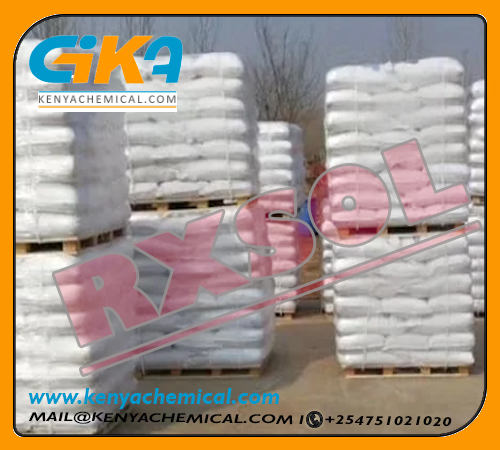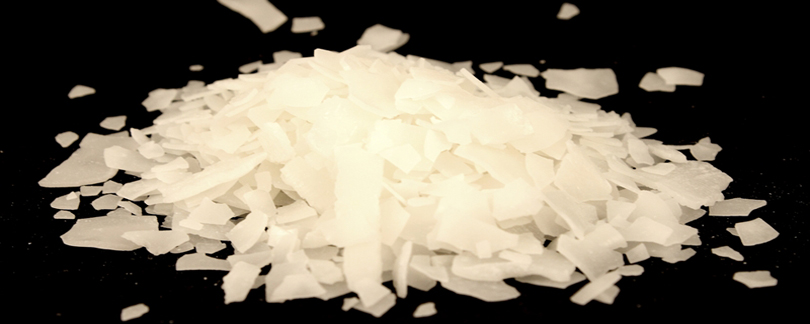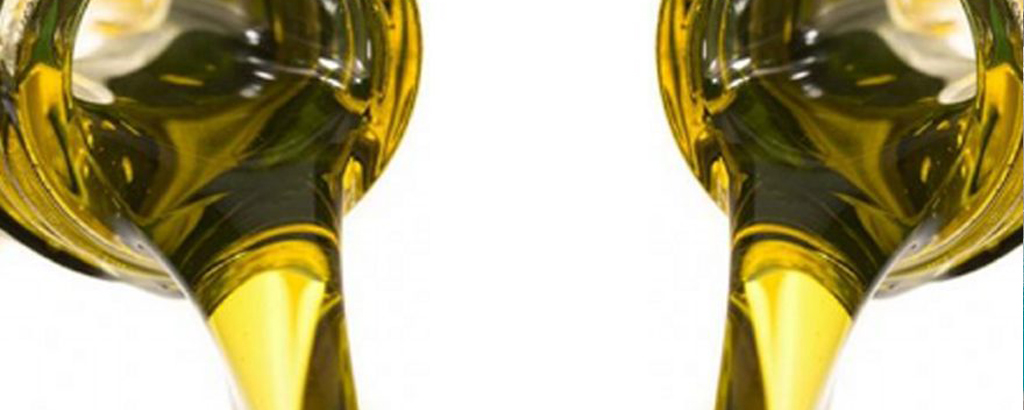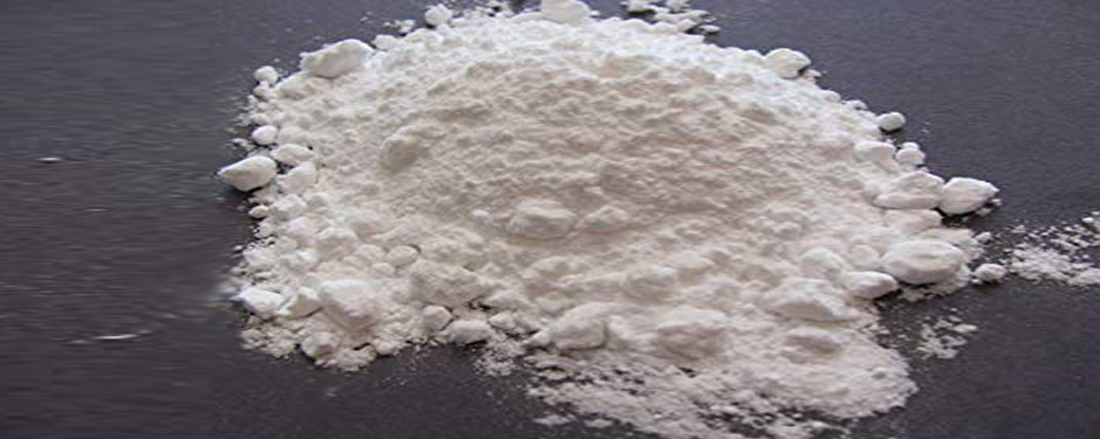Fluorescein (lactone form) is a xanthene dye that is highly fluorescent, detectable even when present in minute quantities. Used forensically to detect traces of blood, in analytical chemistry as an indicator in silver nitrate titrations and in microscopy.
The light emission is coming from fluorescent proteins that scientists have introduced into the animals so that when some part of their body is made as they develop, they also make the fluorescent protein. The scientists didn't do that just because they were bored and wanted to make cool pictures.
Fluorescein sodium, the sodium salt of fluorescein, is used extensively as a diagnostic tool in the field of ophthalmology and optometry, where topical fluorescein is used in the diagnosis of corneal abrasions, corneal ulcers and herpetic corneal infections.
Fluorescein, as the name implies, is a chemical that will exhibit fluorescence. In this demonstration, a small sample of fluorescein is diluted in water, then added to a cuvette. When held under a blacklight (ultraviolet radiation source) the sample will glow.









